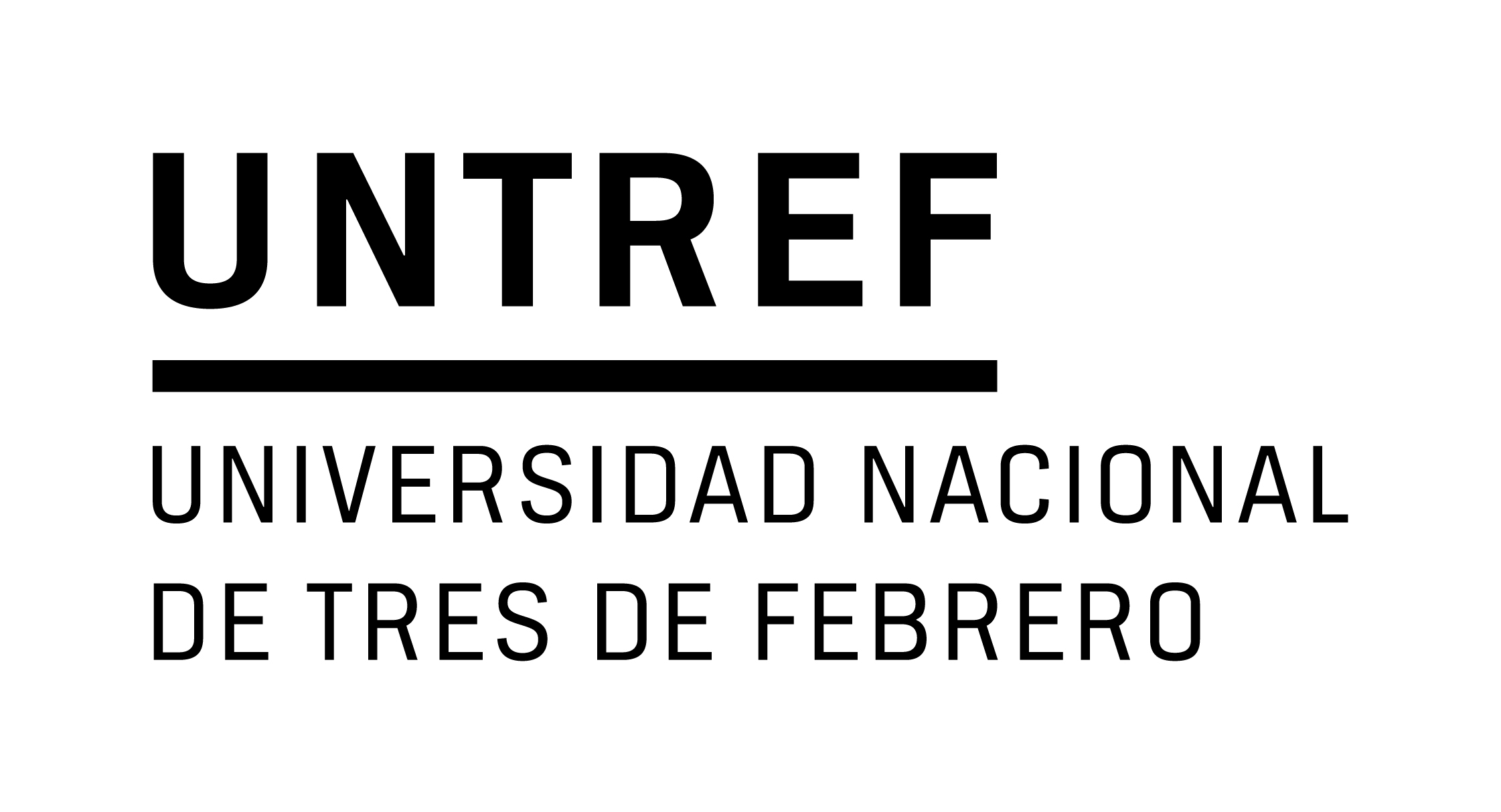Information, commitment, and the russo - japanese war of 1904 - 1905
Por: Streich, Philip .
.
Colaborador(es): Levy, Jack S .
.
Tipo de material:  Artículo Tipo de portador: ImpresoTema(s): RELACIONES INTERNACIONALES
Artículo Tipo de portador: ImpresoTema(s): RELACIONES INTERNACIONALES| Tipo de ítem | Ubicación actual | Signatura | Info Vol | Estado | Notas | Fecha de vencimiento | Código de barras | Reserva de ítems |
|---|---|---|---|---|---|---|---|---|
| Publicación Periódica | Biblioteca UNTREF - Sede Posgrados | H327/ANA (Navegar estantería) | Vol. 12, no. 4 (oct 2016) | Disponible | ACK | 2.009457 |
We apply a modified version of the bargaining model of war to the outbreak of the Russo-Japanese War of 1904 - 1905. We conceptualize the informational path to war as a two-step process, the first identifying the sources of informational asymmetries, and the second specifying the causal linkages between informational asymmetries and war. The sources of informational asymmetries include not only private information and incentives to misrepresent that information, but also individual, societal, and governmental-level factors. We argue that the primary causes of the Russo-Japanese War involved a combination of the commitment problem and preventive logic arising from Russia's growing power relative to that of Japan, and informational problems arising from disagreements about relative power and resolve. These disagreements arose almost exclusively from Russian political and military leaders' underestimation of Japanese capabilities and resolve, and they generated highly intransigent Russian bargaining behavior. Russia misperceptions can be traced primarily to racial and cultural stereotypes and psychological biases, and to competition between rival domestic and bureaucratic factions that distorted information flows, created an incoherent decision-making process, and sent confusing signals to Japan.
